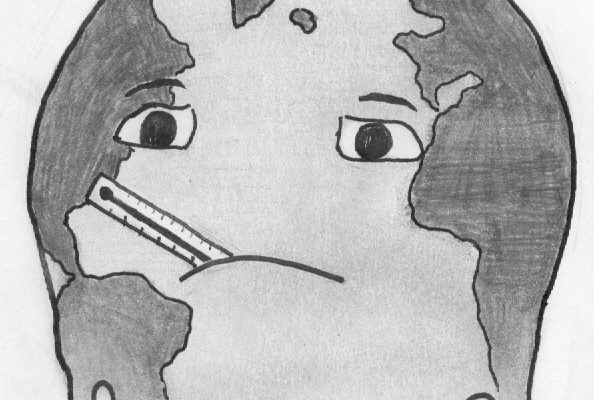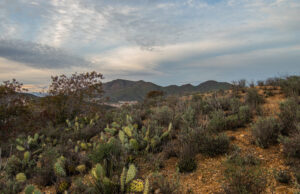Congress needs to act on global warming

The heated (no pun intended) debate over global warming has revved up in recent years. Some believe the staggering facts while others call it a hoax, citing colder weather as an apparent source. However, the rapid speed with which the world is experiencing climate change is hard to deny, and the world is falling behind in doing anything about it.
A Jan. 29 article from USA Today highlighted how the frigid temperatures in places like Chicago in January were colder than Antarctica, Alaska and the North Pole. These record-breaking, below zero feats are not only concerning. They’re deadly. Global warming affects not just hotter temperatures, but freezing ones too. It’s making both of those extremes less adaptable. According to a recent article in the New York Times, LA’s projected climate will feel like that of Cabo San Lucas by 2080.
Global warming affects the seas as well. According to NASA, “Earth’s seas are rising. Globally, sea level has risen about eight inches (20 centimeters) since the beginning of the 20th century.” Due to Earth’s warming, ice caps melt in the ocean, causing the sea level to rise, and the Earth to have a higher chance of flooding. Without these ice caps and with the warmer ocean, many animals who only thrive in the cold are at stake.
According to National Geographic, greenhouse gases are at their highest levels in 800 thousand years. Now that humans have upped the carbon dioxide in the atmosphere, “it’s changing the climate faster than some living things can adapt to.” Carbon dioxide is an extremely dangerous, over-released greenhouse gas that needs to be cut down and regulated. Current House Speaker Nancy Pelosi has attempted to pass deals to cut down on these gases, but they’ve failed. The Green New Deal, first publicized by Democratic Congresswoman Alexandria Ocasio-Cortez, is a similar feat facing criticism from people not dealing with these issues tangibly enough.
By making little changes in our day-to-day living, we can make a big change in the destruction of our environment, but that is not enough. Legislation needs to be passed soon in order to slow the extremity that future generations will have to live through. The prevention of this partially man made emergency will cost us, but sitting back and not doing anything will cost us much more. “2017 was the United States’ costliest disaster year on record,” according to a study from UC Berkeley. These statistics will only get worse without serious action.



